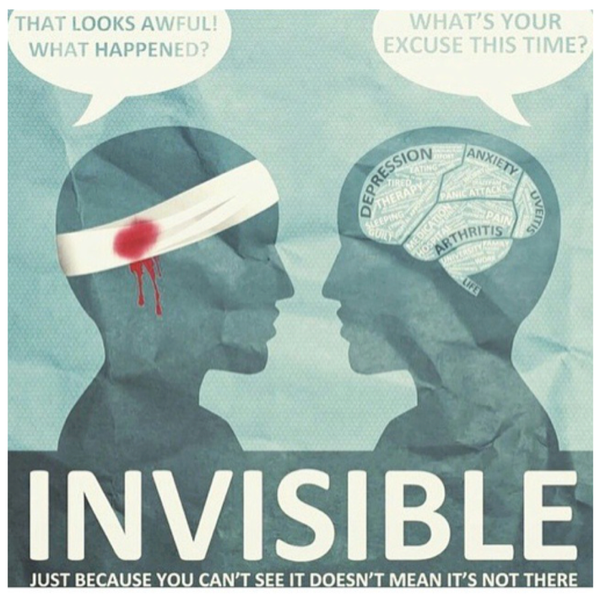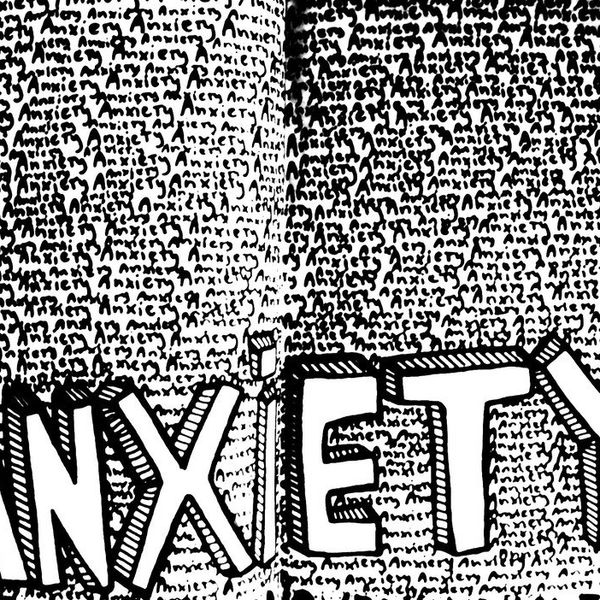When was the last time someone came up to you and said, “Hey, how are you doing?” It’s probably, pretty much an everyday occurrence for most Americans. However, for people who are new to America and English, they may be inclined to answer the question more literally than natives. This video below got me thinking about how this question, which has become embedded in American small talk, has completely lost its meaning:
Mental Health coverage in America is sub-par at best, but the most shocking thing to me is the sheer amount of mentally ill who are out on the streets. There are about 700,000 homeless individuals in the United States and almost half, around 250,000, suffer from mental illnesses such as schizophrenia and manic-depression. In the 1960’s, the budget for Mental Health Care in State Health Care budgets dropped down to an average of 5.6 percent. The State controlled programs for the mentally ill were replaced by smaller community funded programs.
However, the reality is the majority of the mentally ill who don’t have direct family to provide their Care end up in homeless shelters or prison. Now, I’m not here to make a claim on what percent of the budget should be going to Mental Health Care. I’m here to discuss the semantics of small talk in America that I believe are causing negative effects on Americans.
“Everyone thinks of changing the world, but no one thinks of changing himself.”
-Leo Tolstoy
I’m not trying to change the entire Health Care budget, because I don’t know the best way it could be budgeted, but every one of us can take baby steps each day towards helping one another. In American English, the saying, “Hey, how are you?”, is synonymous with just, “Hello.” Unless that’s one of your best pals; when a person at the bar says “How’re yah doing?” they’re just saying hello to you. The proper response could be just “Hey”, “Hello”, or you could say the same thing back to them that they said to you. You can’t just immediately go into a rant about how you hate your boss, how there’s a weird lump growing on your right butt cheek, or tell them you’ve been feeling sad lately and you can’t figure out why.
For someone who is suffering from depression, dealing with the loss of a family member, or anything else that causes emotional or mental distress, the words ‘how are you’ will just ring as empty as the pit in their stomach does. Nobody wants to lie about how they are doing, so how about we try to change the way that we begin our conversations. Let’s not lead with the empty “How are you doing?” unless we’re prepared to discuss the possible problems.
Instead of making people lie about how they are for the sake of small talk, just say "hello", or talk about the weather, or literally anything else. Or perhaps we could try to make it socially acceptable to support each other in our communities. Perhaps we can acknowledge that some people have moments of crisis and need to be able to answer honestly with the people in their community to the question, “Hey, how are you doing today?"





















